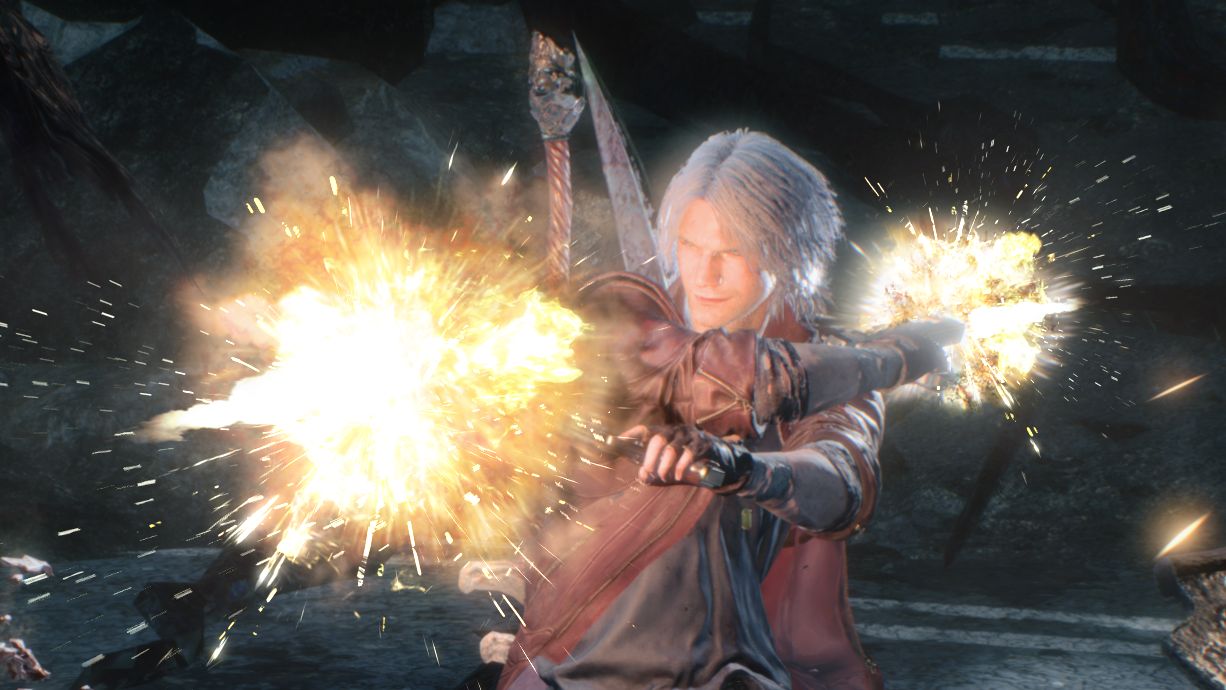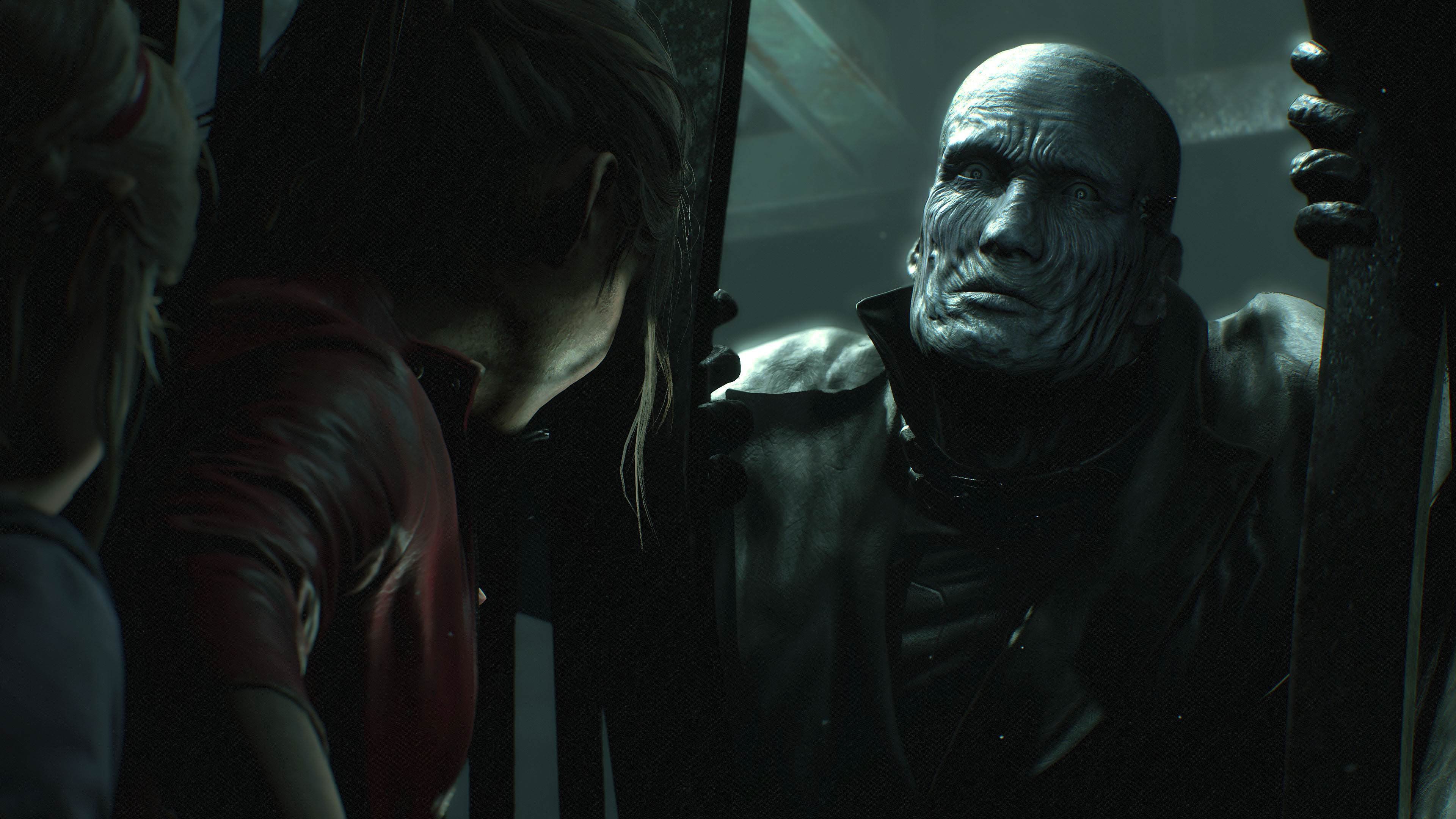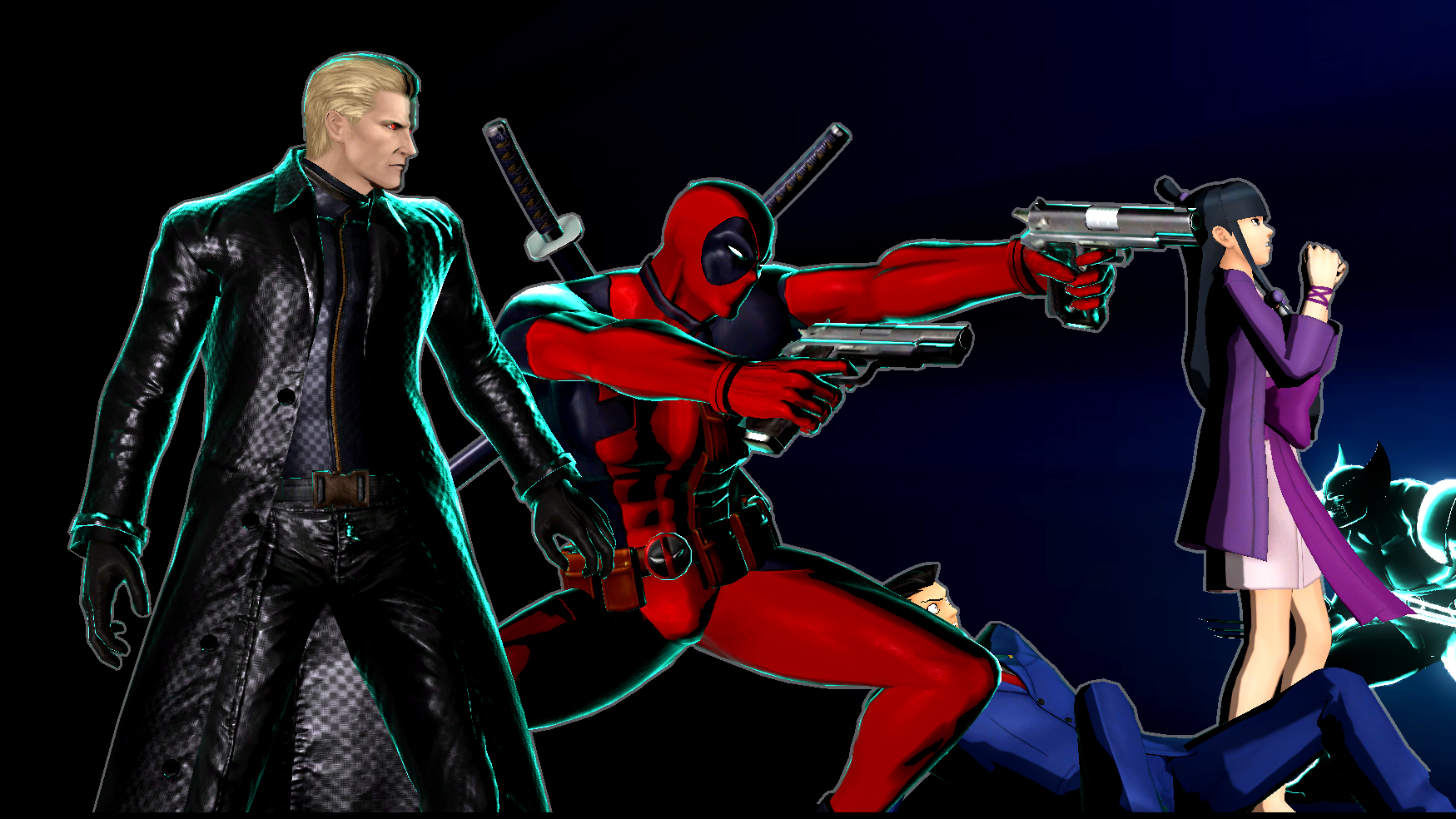Capcom has entered a new golden age
With Devil May Cry 5 and Resident Evil 2 Remake, the publisher has already put out two GOTY contenders in 2019.

At the start of the last console generation, a trend emerged of Japanese publishers getting Western developers to make new entries based on their biggest properties. It wasn't just Capcom that did this—Konami tried it (Castlevania: Lords of Shadow, various Silent Hill games), and so did Square Enix (Front Mission Evolved, and an alleged FF12 spin-off called Fortress that was cancelled). In March 2007, just as that generation was starting, Capcom closed Clover Studio, the seemingly-autonomous outlet that produced the cult hit Okami and the lesser-known Shinji Mikami-directed brawler God Hand. Its remaining staff was folded back into the publisher's in-house dev teams. Some of Clover went off to form Bayonetta developer Platinum.
While the two things weren't necessarily related, the Western-developed titles that followed felt like part of a sea change. Capcom contracted its biggest series to different developers with mixed results: Operation Raccoon City (Slant Six Games) was so awful it didn't deserve to go anywhere near the legacy of Resi 2. The dull Lost Planet 3 (Spark Unlimited) killed a series that with its second entry seemed like it could've become the shooter alternative to Monster Hunter, or a precursor to Anthem. Bionic Commando by GRIN and DmC by Ninja Theory were much stronger—though neither performed well enough to earn follow-ups. Dark Void and Remember Me, two new titles, didn't make much of an impact. As for Capcom's in-house teams, there was a feeling that Resident Evil had lost its form with its sixth entry. By contrast, Street Fighter 4 (co-developed by Dimps) was an enormously important and successful modern fighting game, Dragon's Dogma was a laudable effort to create something new, and fantastic weirdo lawyer visual novel series Phoenix Wright ticked away in the background.
This week following the reception of Devil May Cry 5, which Tom awarded a mighty 90%, there's a rising sentiment that Capcom is on top form again. I'd personally define Capcom's previous 'golden age' as the PS2 days, peaking with Resident Evil 4. This period yielded some of my favourite games ever, most of which are on PC now: DMC1 and 3, Viewtiful Joe, Onimusha 2, God Hand, Okami, the aforementioned Resident Evil 4, and Resi 1's remake.
Reviving the classics

Capcom's current form has been attained by the developers playing to their strengths: Devil May Cry 5 and Resident Evil 2 Remake give devotees of both series a strong helping of exactly what they want, and are really successors to games that are over 10 years old. Resi 2 Remake, to me, feels like it's from another reality where the series went in more of a survival horror direction after the success of Resi 4, rather than deeper into a third-person shooter genre made huge on consoles by Gears of War. DMC5, meanwhile, is the direct sequel to an 11 year-old game—and finds itself top of the hack-and-slash sub-genre, with its only major competition landlocked to Nintendo consoles.
Monster Hunter: World, Capcom's biggest selling game of all time, was a long overdue effort to drag the series out of Nintendo's ecosystem and onto HD platforms—it's been so successful that it's getting a fat expansion later this year. In the mainline Resi series, the first-person seventh entry definitely loses steam after an eerie few opening chapters, but it showed how Resi can adapt to a modern horror genre shaped by cheap first-person jump scare games.
It feels like Capcom has rediscovered what makes people passionate about its games
Fighting games seem to be the area where Capcom arguably hasn't quite hit its stride yet. A few Steam reviews for Street Fighter V are withering about its in-game economy and additional purchases—it's currently sat at 52% positive reviews as I write this. Meanwhile, when it comes to roster and art style, Marvel Vs Capcom Infinite seems like a catastrophic missed opportunity, given how fun its predecessor was, and the fact it featured the biggest pop culture icons on the planet right now. You also don't have to go back that far to find a misstep in the Resident Evil series: Umbrella Corps was another much-derided shooter spin-off, and that came out less than three years ago. Capcom Vancouver was shuttered last year, too.
Even during the aforementioned golden era on PS2, though, it wasn't all glory—Devil May Cry 2 is considered the series' low point, Chaos Legion was a disappointment, Dino Crisis 3 took an ill-advised trip into space and murdered the series, while the GameCube's much-touted Capcom Five failed to impact that console's fate (one project, Dead Phoenix, never even got released). Some blips are inevitable, but recently, it's hard to argue with Capcom's track record.
The biggest gaming news, reviews and hardware deals
Keep up to date with the most important stories and the best deals, as picked by the PC Gamer team.

Another facet of modern Capcom that I really like: it's been diligent at getting its back catalogue onto Steam. Onimusha might be rougher around the edges than it seemed in 2001, but I'm glad there's a way to play it on PC that doesn't involve an emulator. Okami, Ultimate Marvel Vs Capcom 3, the GameCube Resi games, Dead Rising, and now Phoenix Wright are all cheap and easy to grab on PC, too. I wouldn't be surprised if I found myself playing Gregory Horror Show, God Hand, and Viewtiful Joe on my PC a couple of years from now.
Publishers are entities composed of many people, and yet from the outside looking in, I have certain expectations about what a Capcom game means versus a Ubisoft or EA release. In DMC5 and Resi 2, I see those expectations met—they contemporise game types that Capcom itself either invented or popularised, making them just as exciting for players discovering those series now as it is for those who have followed them for 18 or 23 years.
Whatever is planned next, it feels like Capcom has rediscovered what makes people passionate about its games.


